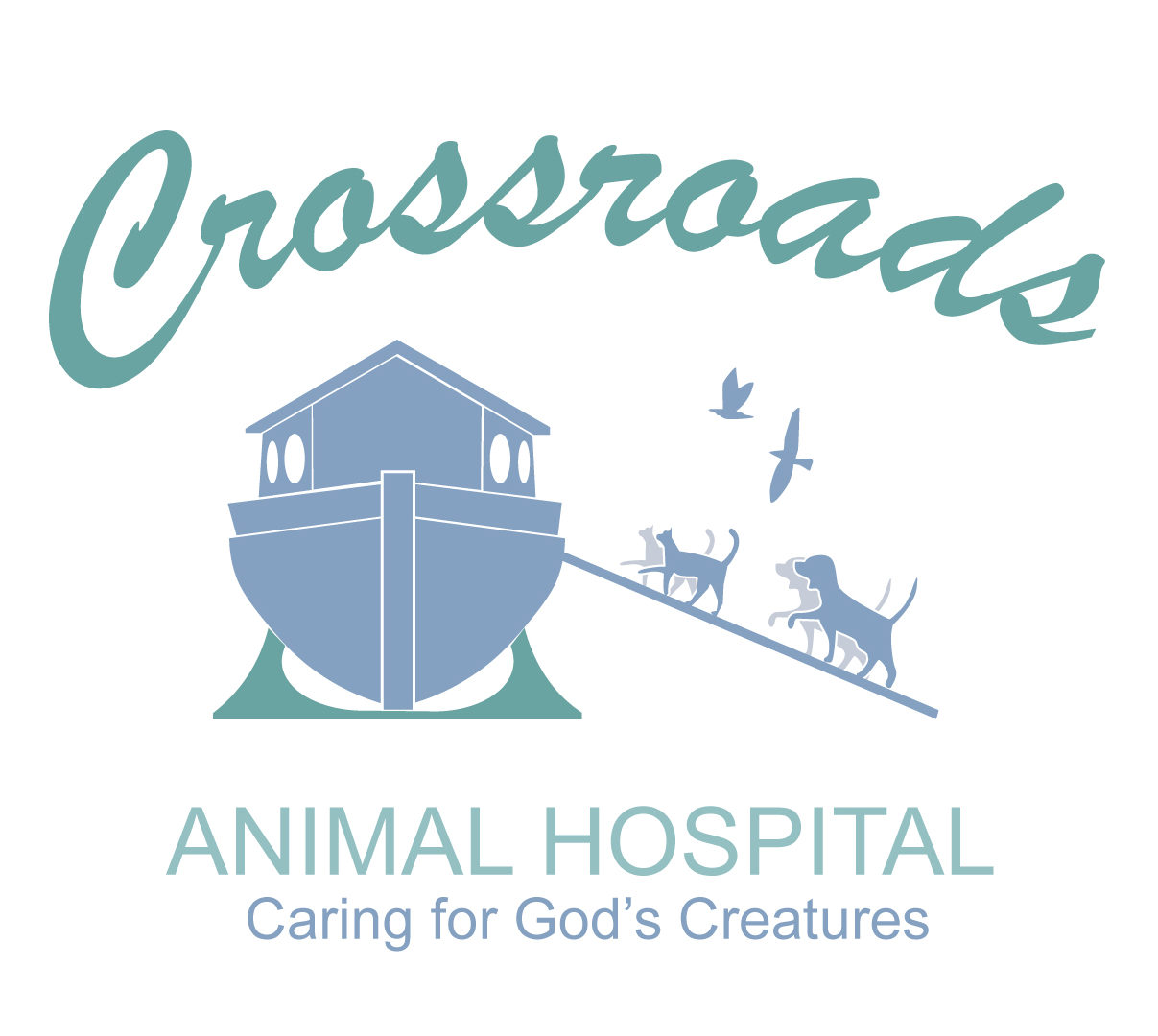Pet Wellness Care
We at Crossroads Animal Hospital believe that regular examinations and routine vaccinations are necessary for the health and wellbeing of your pet!
Pet Wellness Care in the City of Central, LA
Your pet can benefit greatly from regular wellness examinations or checkups. Wellness examinations provide an excellent opportunity for us to conduct a thorough physical examination which can help us identify medical problems and any other issues that can affect your pet’s health and quality of life.
A wellness examination includes an evaluation of all of your pet’s major organ systems, behavior, and diet. This is also an excellent time for us to discuss any routine diagnostic testing that may benefit your pet or to recommend any vaccinations that may be due. If your pet seems healthy, a wellness examination is a good opportunity to note any changes, such as weight gain or loss or other subtle changes that may not be evident at home. Sometimes, information obtained during a wellness examination can help detect early signs of illness and address health issues before they progress. Here at Crossroads Animal Hospital we strongly encourage twice a year wellness exams.
Finally, wellness examinations help us establish a relationship with you and your pet. We encourage you to use wellness examinations to take an active role in your pet’s health care.
Pet Vaccinations
Over the years, vaccines against dangerous diseases have saved millions of pets and virtually eliminated some fatal diseases that were once common. Unfortunately, many infectious diseases still pose a significant threat to dogs and cats that are unvaccinated.
Many vaccines are available for use in dogs and cats, but not every pet needs every available vaccine. Some vaccines are considered core vaccines and should be administered to all pets, whereas other vaccines are optional and may be recommended for pets based on a variety of factors. We understand that your pet is unique and that no single vaccine program will be ideal for every pet in every situation. We will develop a vaccination schedule that accounts for your pet’s lifestyle, overall health, and risk for exposure.
Vaccines and Side Effects
You may worry about the safety of vaccines for your pets. Most pets don’t experience any side effects. Possible side effects vary based on the vaccination, but most often are mild and may include fatigue, fever, and/or hives. Our veterinarians at Crossroads Animal Hospital screen your pet thoroughly to ensure the vaccines are safe for your pets. Exams are recommended annually for healthy adult pets and every 6 months for pets over the age of 9 years. Pets may rarely have life-threatening reactions to vaccines. In a majority of cases, the benefits of the vaccine far outweigh the risks, but our veterinarians are ready to help you make the best decision for your pet.
Feline Vaccinations
Our vaccine protocols start at a young age. Kittens are vaccinated starting generally at 6 weeks of age, then 9 weeks and 12 weeks. Adult cats should continue to receive boosters every year after their first annual vaccine.
Canine Vaccinations
Core vaccinations for dogs include Canine Distemper, Parvovirus, Hepatitis, and Rabies. By law, dogs must have a rabies vaccination (starting at 12-16 weeks) and receive boosters every three years. We’ll discuss your dog’s risk and determine if he or she should also receive the Canine Influenza, Leptospira bacteria, and/or Bordetella vaccine, depending on your pup’s lifestyle.
We recommend starting your dog’s vaccination schedule early. Puppies are vaccinated starting generally at 6 weeks of age, then 10 weeks, 14 weeks, and 18 weeks. Adult dogs receive vaccine boosters every year.
Microchipping
Microchipping your pet provides a significantly greater chance of reuniting them with your family if they ever become lost. Each month there are thousands of lost pets that are reunited with their owners! Microchips are an implantable, integrated transponder about the size of a grain of rice. It is implanted between the shoulder blades of an animal. Each microchip has its own unique identification number that is stored into a database with the pet owner’s information. It is not a GPS. A microchip scanner is needed to determine the chip number. From there, the microchip registry is called and they will use that number to search for the pet’s contact information.
What is microchipping, and can it be done to any animal?
A needle is used to place a little chip under the animal’s skin, usually between the shoulder blades. That chip has a unique number on it that can be picked up and read by a scanner.
It can be done to lots of different animals, including horses, dogs, cats, ferrets, and most other mammals.
